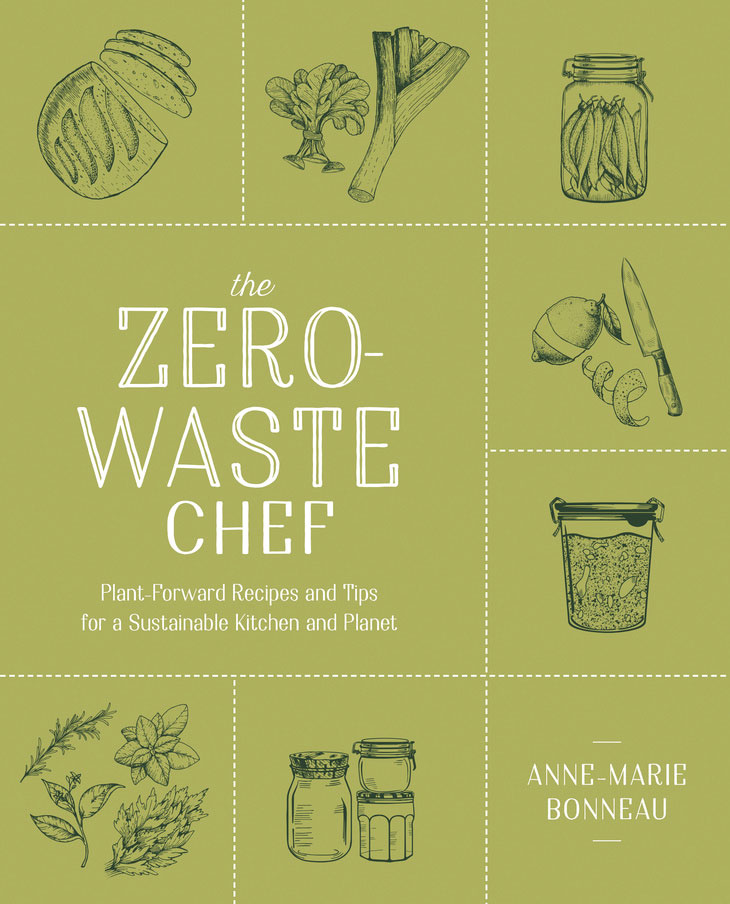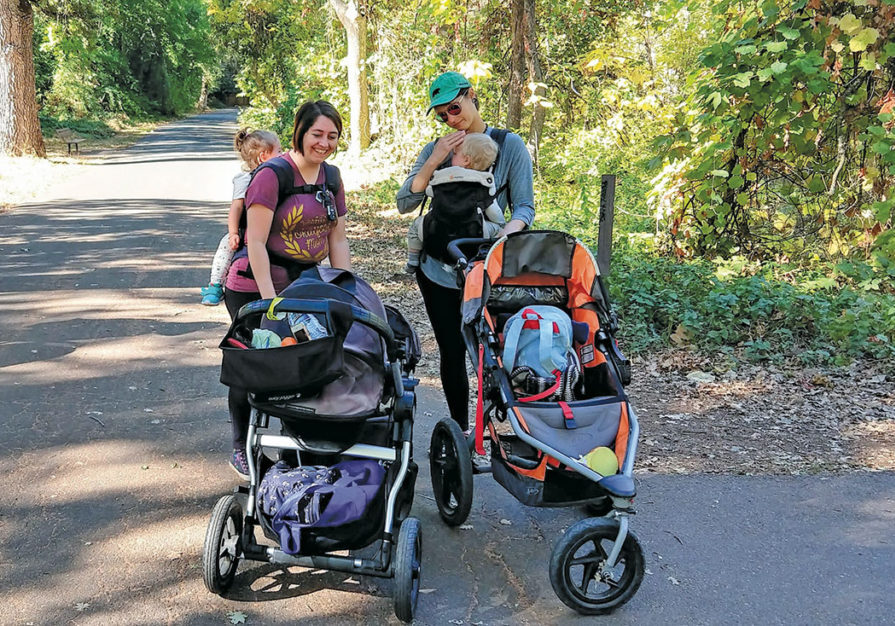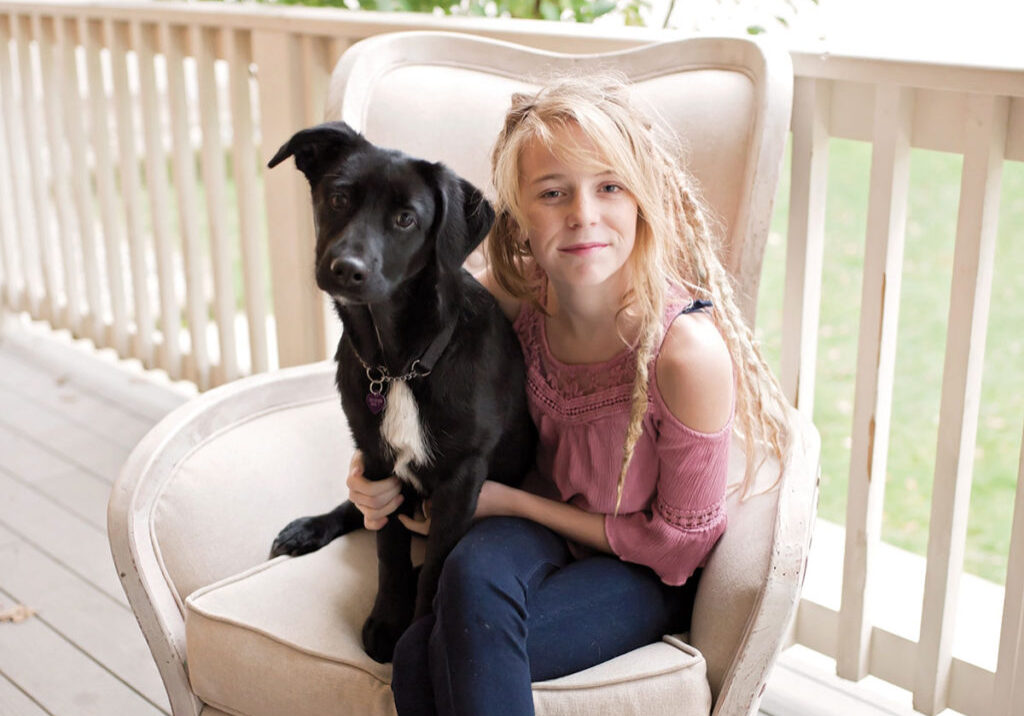

Best Produce
Whether you live in a cold or warm climate:
Extend the season. For example, near the end of summer, when you can buy piles of tomatoes cheaply, you can preserve them in a number of ways.
Roast and freeze tomatoes. Every summer, I buy two or three or four 20-pound cases of tomatoes. I roast the tomatoes and freeze them to cook with throughout the winter.
Make and freeze tomato paste or pizza sauce. You’ll be so happy come January to find your sauce in the back of the freezer. Ferment tomatoes. Follow the same method as for the tomato salsa, but prep only tomatoes and omit the other vegetables. Store these in the refrigerator or, if you have one, a cold cellar.
Dehydrate tomatoes. I’ve dehydrated tomatoes in a solar food dryer and they taste like candy. They actually are candy. I would keep them through the winter, but we eat them all because they taste so good. You can dehydrate these in the oven on a very low temperature.
Can tomatoes. Put up several mason jars’ worth and enjoy tomatoes all winter long.
Grow some food. Grow it at home or grow it together with friends and neighbors in small community gardens and orchards. Not everyone can do this (or wants to), but when you grow your own, you become more self-reliant, you save money, your food tastes delicious, you teach your children valuable life-long skills, you reduce your waste, and your food travels feet, rather than miles, to reach your table. Gardening also provides cheap therapy. If you can also keep chickens, you’ll never buy eggs again.
Pantry staples
If you have access to bulk bins in a store that allows you to bring your own reusable containers and bags, then you can:
Fill your jars with zero-waste abandon. It’s worth repeating: Be sure to have your jars or other containers tared—in other words, weighed—before you fill them with food.
I’m lucky enough to live close to bulk stores with very good selections. I can buy hard-to-find items such as: baker’s yeast, miso paste in a dozen flavors, handmade tofu, maple syrup, bee pollen, gochugaru (for kimchi), nigari powder (for making tofu), pasta, molasses, honey, cooking oils of all kinds, chocolate chips, dried mushrooms, tea and dried herbs and spices of all kinds, fermented pickles and kimchi and sauerkraut, dried seaweed, and personal-care products like shampoo and conditioner and henna.
Every few months, I buy a large haul. I’ll take a total of twenty to twenty-five reusables to fill up, both jars and my produce-cum-bulk-bin bags. Some stores will deduct 5 cents off my bill for each reusable, plus my shopping bags (I’ll use four). So for a typical haul, I’ll save between $1.00 and $1.25.
If that minimal amount of money doesn’t persuade you to try bulk shopping,
then think of all the trash you’ll divert from a landfill. If I buy even twenty items in packaging as I had done before my awakening, I would have eventually thrown away at least twenty pieces of trash but probably more, as I buy large amounts of some items that would require at least a couple of bags or boxes. And most of that packaging would have consisted of plastic, which never breaks down.
Excerpted from The Zero-Waste Chef. Copyright © 2020 by Anne-Marie Bonneau. Photography by Ashley McLaughlin. Published by Penguin Canada, an imprint of Penguin Random House LLC. Reproduced by arrangement with the Publisher. All rights reserved.
Posted in: Health & Nutrition
Comment Policy: All viewpoints are welcome, but comments should remain relevant. Personal attacks, profanity, and aggressive behavior are not allowed. No spam, advertising, or promoting of products/services. Please, only use your real name and limit the amount of links submitted in your comment.
You Might Also Like...

Ultimate Trail Magic: Hike It Baby
Whether you put boot to dirt or follow the pavement for some urban hiking, answering the call of the trail with your baby is not only do-able, it’s a bit […]

How To Be A Fitness Role Model To Your Kids
Our children look up to us for guidance on everything in life, even if we don’t realize it. One way that you can be a positive role model to your […]

Seven Habits of Healthy Families Planning Quality Time Together
An important characteristic of healthy families is that they spend time doing enjoyable activities with each other. With the demands of school, work, sports and technology, it’s sometimes hard for […]

There’s A Good Reason for Mommy Brain After All
Whether you’re a new mom or your kids are in school or getting ready to attend school, do you feel like your brain has gone to mush? Between exhaustion, stress […]


